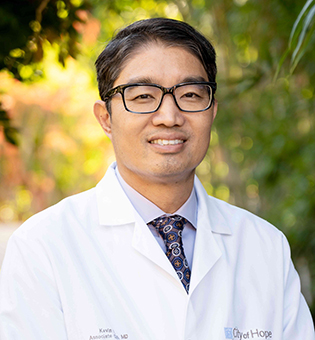Prostate Cancer

Prostate cancer is the second-most common type of cancer affecting men in the United States. This disease occurs when cells within the patient's prostate gland mutate and grow abnormally.
The prostate, located below the bladder in men, creates a portion of the fluid involved with semen production.
When abnormal cells grow in the prostate gland, tumors may result. While some prostate tumors are benign (non-cancerous), others are malignant, meaning the cells are cancerous. Most prostate cancers are adenocarcinomas, but other types may occur as well.
After skin cancer, prostate cancer is the second-most common cancer among men in the United States and the most common cancer in men over 50.
About one out of eight men will be diagnosed with prostate cancer in his lifetime.
Precise prostate cancer tests are crucial for staging and treating the disease. Tests may include a prostate-specific antigen (PSA) blood test, a digital rectal exam (DRE), a biopsy and imaging exams.
Following a prostate cancer diagnosis, the care team will personally consult with you about your disease type, stage, treatment options and desired outcomes. Afterward, a multidisciplinary team of specialists will work together to discuss, design and deliver an individual treatment plan to meet those goals best.
City of Hope clinicians and researchers collaborate extensively to develop and evaluate new prostate cancer therapies for better survival and quality-of-life outcomes. Patients may have access to prostate cancer clinical trials, including new chemotherapy, targeted and hormone therapies, surgical techniques, radiation approaches, and prevention strategies.
City of Hope patients automatically gain access to an unparalleled array of support services to help you and your loved ones take each step during and after your prostate cancer diagnosis, including symptom and side effect management, intimacy concerns, continence challenges and navigating the health care system.


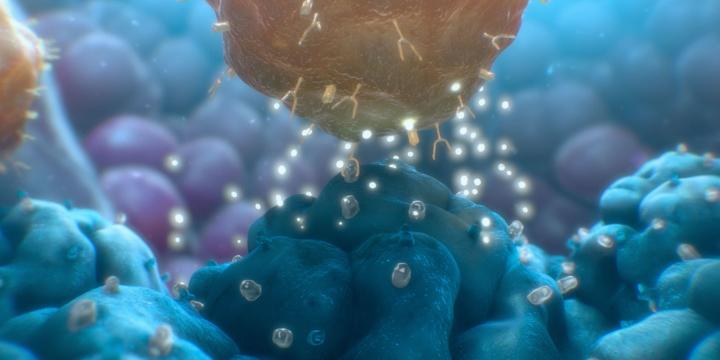
- The most robotic surgery experience in the Western United States
- Leading experts in da Vinci computer-enhanced, minimally invasive surgery
- The option of outpatient robotic surgery for prostate cancer
- Collaboration with precision medicine, such as genetic counseling and genomic testing
- Multidisciplinary care and coordination, including genetic evaluation
- mpMRI and fusion prostate biopsy to enhance tumor detection and personalize treatment plans
- Telehealth or in-person appointments scheduled within five to seven days
- A five-year survival rate close to 100% and superior outcomes for prostate cancer stages 1-4
- Clinical trials that aim to improve prostate cancer outcomes across the spectrum of the disease, from early to late stage
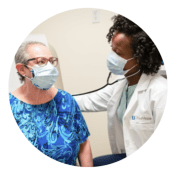
City Of Hope surpasses SEER LA survival rates for prostate cancer at all stages — every year, we successfully treat thousands of prostate cancer patients. We're proud to announce that our five-year survival rate is very close to 100%.

Our developments in the areas of breakthrough cancer drugs, bone marrow transplants and CAR T cell therapy are recognized internationally.

Our leadership in research and innovation continually enhances our ability to provide novel and differentiated approaches to cancer care.

Tanya Barauskas Dorff, M.D., is a medical oncologist and professor in the Department of Medical Oncology & Therapeutics Research.

Clayton Lau, M.D., is chief of the Division of Urology and Urologic Oncology and an expert in prostate cancer.
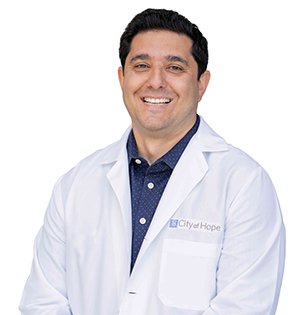
Pedram Aram, M.D., believes that doctors have the power to change lives. He is committed to making a positive impact on patients' lives by utilizing his expertise in benign/general urology, including treatment of prostate and testicular cancer, kidney cancer and transplant, and robotic-assisted and
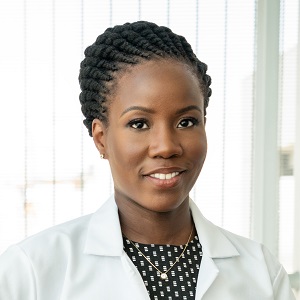
Fornati Bedell, M.D., M.H.S., urologic surgeon and assistant clinical professor in the Division of Urology and Urologic Oncology within the Department of Surgery.
Kevin Chan, M.D., is a urologic surgeon specializing in bladder cancer and surgical treatment of male urinary incontinence.
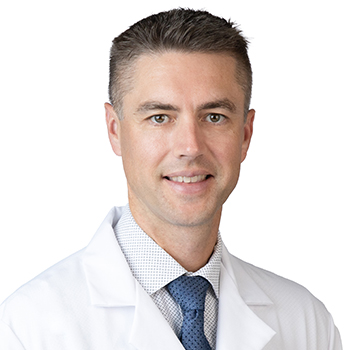
Cory Hugen, M.D., is an Associate Clinical Professor in the Division of Urology and Urologic Oncology in the Department of Surgery at City of Hope Orange County.
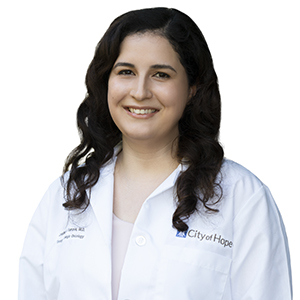
Hannah Asghari, M.D., is a medical oncologist and hematologist in the Department of Medical Oncology & Therapeutics Research.

Gagandeep Brar, M.D. is an assistant clinical professor in the Department of Medical Oncology & Therapeutics Research.
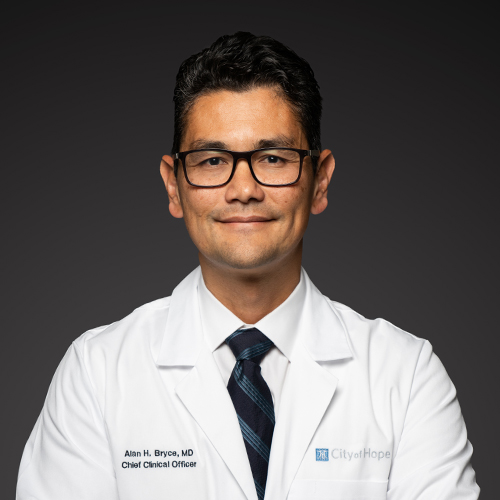
Alan H. Bryce, M.D. is the chief clinical officer, City of Hope Cancer Center Phoenix.

Alexander Chehrazi-Raffle, M.D., is the assistant professor, department of Medical Oncology & Therapeutics Research.
